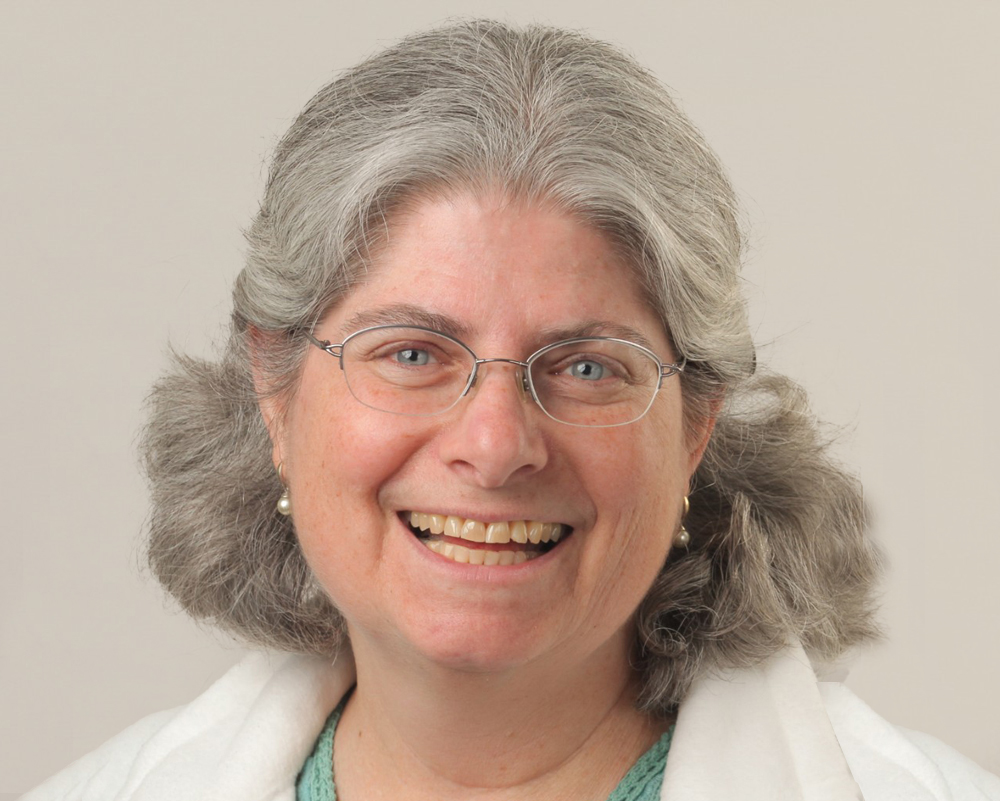Modifiers and Outcomes in Classic Galactosemia
Classic galactosemia is an inborn error of metabolism that impacts about 1:50,000 babies born each year in the US and many other countries. Neonatal identification by newborn screening, coupled with rapid and life-long dietary restriction of galactose, generally achieved by switching the baby from breast milk or dairy milk formula to a low-galactose formula, prevents the potentially lethal acute symptoms of the disease. However, despite this early identification and intervention, which is the current standard of care, most children with classic galactosemia grow to experience a constellation of long-term developmental and other complications. At present, there is no known treatment that prevents, resolves, or even minimizes the long-term complications of classic galactosemia.
Our goal is to change that. Our research includes both a large human subjects study and also studies involving animal models of GALT deficiency. Specifically, our study with human volunteers is longitudinal, non-invasive, and essential to learn about the presentation and progression of the long-term complications we are trying to prevent or reverse.
We invite all people with classic galactosemia, from newborns to adults, to join our IRB-approved research study (Emory IRB 00024933; PI: JL Fridovich-Keil). Unaffected siblings are also recruited to serve as controls for the study. We use animal models of classic galactosemia to study mechanism and test novel candidate interventions.
Study Contact
Principal Investigator
Department of Human Genetics
(Tel) 404-727-3924
(FAX) 404-727-3949
Email

Additional Galactosemia References
Patient-focused Drug Development Meeting, 9/1/2022:
Hosted by the Galactosemia Foundation and NORD (National Organization for Rare Disorders).
-
Medical Talk: 00:09:53 – 00:28:18 (18 minutes)
-
FDA Talk: 00:28:20 – 00:35:23 (7 minutes)
-
Panel One: 00:50:13 – 01:23:37 (33 minutes)
-
Panel Two: 02:26:44 – 02:57:19 (30 minutes)
-
Closing: 03:55:41 – 04:10:00 (15 minutes)
Journal of Inherited Metabolic Disease (JIMD) Podcast: "Acute and Early Development Outcomes of Children with Duarte Galactosemia" (seven minutes)
Dr. Judy Fridovich-Keil discusses her work looking at acute and developmental outcomes in infants and young children with Duarte galactosemia.
JIMD Podcast: "Future Therapies in Galactosaemia" (40 minutes)
Features Dr. Maria Estela Rubio-Gozalbo and Dr. Fridovich-Keil discussing mRNA therapy, gene therapy, and disease models in classic galactosemia.
JIMD Podcast: "Galactosemia – An Old Diagnosis with New Ideas" (25 minutes)
Dr. Fridovich-Keil and Jessica MacWilliams, current medical student and one of Dr. Fridovich-Keil's former lab students, discuss the promise of new treatments, what drives their interest in galactosemia, and a new method for formally assessing fine motor control in these patients.
JIMD Podcast: "Galactosemia – Racial Diversity and the S135L Variant in Galactosemia" (23 minutes)
Dr. Fridovich-Keil explain gaps in research data around the S135L variant in classic galactosemia and why current data sets may not not truly reflect the international experience of galactosemia.
Video Abstract for "Developmental Outcomes in Duarte Galactosemia" (five minutes)
Published in the January 2019 edition of Pediatrics, this study worked to clarify whether infants with Duarte galactosemia identified by newborn screening should be treated with dietary restrictions of galactose. Dr. Fridovich-Keil was senior author, and Grace Carlock, MPH, PMP, was first author. In 2019 Ms. Carlock was a research project manager in Dr. Fridovich-Keil's lab.
JOWMA (Jewish Orthodox Women's Medical Association) Podcast: "Right From The Start – Newborn Screening for Galactosemia and Other Inborn Errors of Metabolism with Dr. Fridovich-Keil" (one hour)

